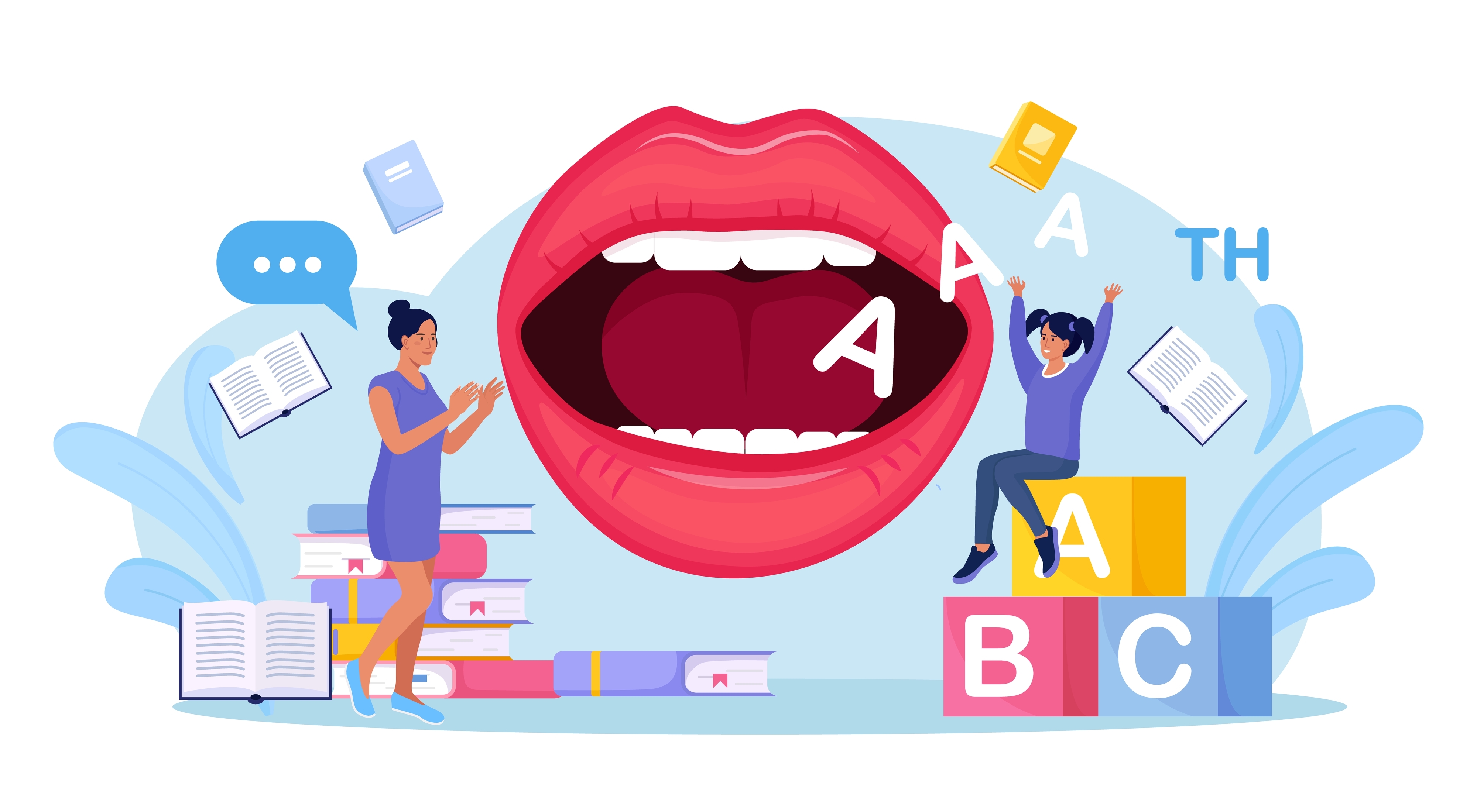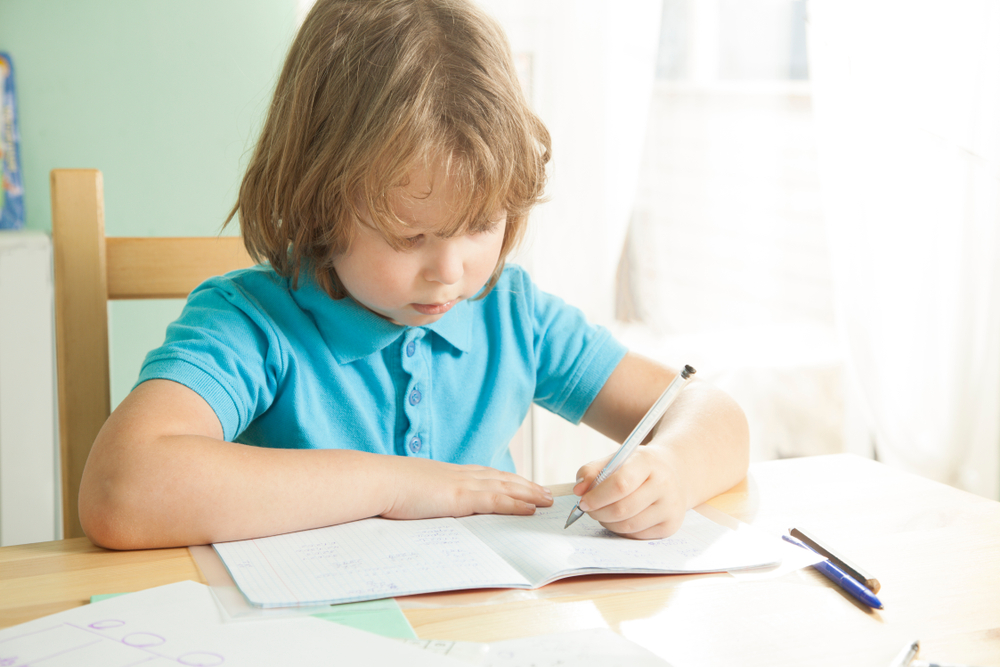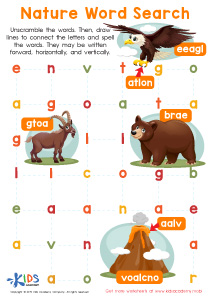Problem Solving Sight Words Worksheets for Ages 4-6
3 filtered results
-
From - To
Encourage your child's literacy and critical thinking with our Problem Solving Sight Words Worksheets for Ages 4-6. Specially designed for young learners, these engaging activities incorporate essential sight words along with fun problem-solving exercises to boost reading skills and cognitive development. Each worksheet challenges children to recognize, read, and use sight words in various contexts, ensuring a comprehensive learning experience. Perfect for both classroom and at-home practice, our worksheets make mastering sight words enjoyable and effective. Help your child build a strong foundation in reading and problem-solving skills with our expert-crafted resources.
Parents and teachers should be deeply invested in Problem Solving Sight Words for children aged 4-6 because this foundational skill significantly enhances early literacy and cognitive development. Sight words, which are frequently used words that children are encouraged to recognize without needing to decode them phonetically, form the backbone of fluent reading. By mastering these words, children can read more effortlessly and with greater comprehension.
At ages 4-6, children's brains are at a pivotal stage of language acquisition and cognitive development. Introducing sight words during this period helps them build a robust vocabulary and facilitates smoother and quicker reading experiences. This early reading proficiency is linked to future academic success across all subjects, as reading is integral to overall learning.
Moreover, solving problems using sight words helps develop critical thinking and analytical skills. It encourages young minds to make connections, recognize patterns, and enhance memory retention. This practice not only bolsters their reading abilities but also nurtures a habit of independent learning and problem-solving, which are vital life skills.
Ultimately, prioritizing the learning of sight words equips children with the tools they need for academic achievements and paves the way for lifelong learning and curiosity. By focusing on these core elements, parents and teachers can lay a strong educational foundation that supports a child’s wide-ranging intellectual and personal growth.

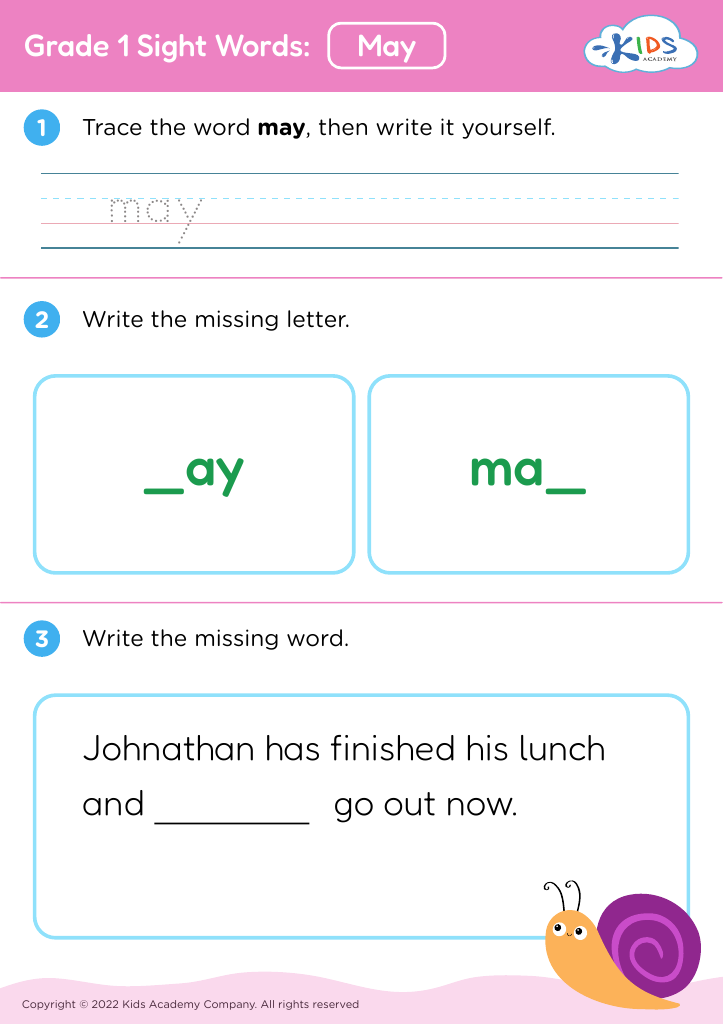

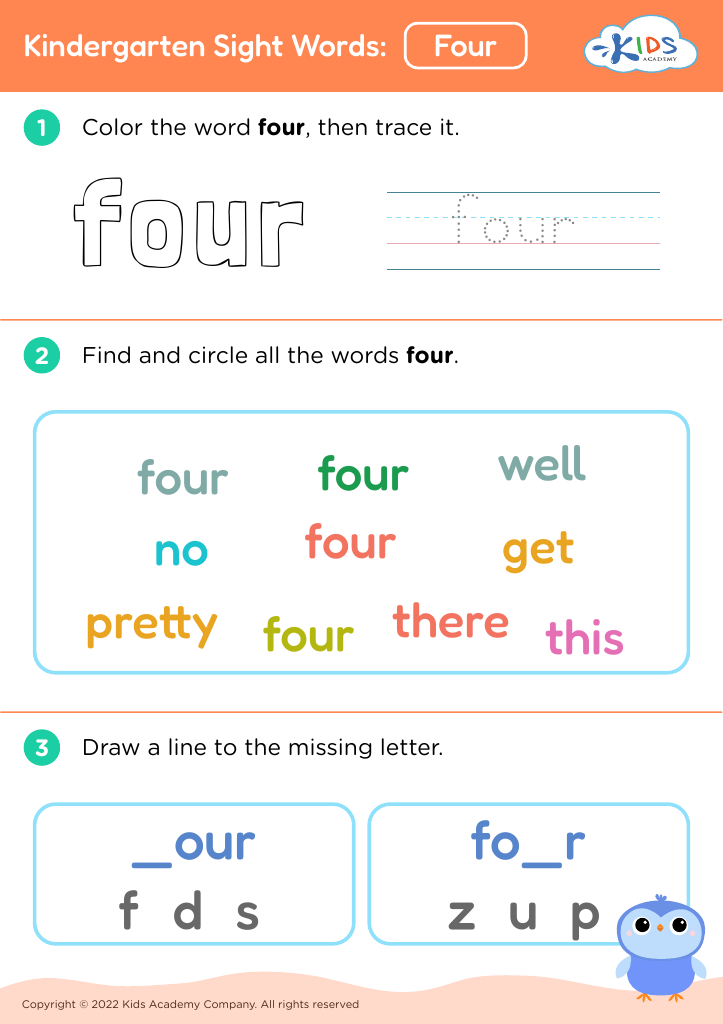



.jpg)


